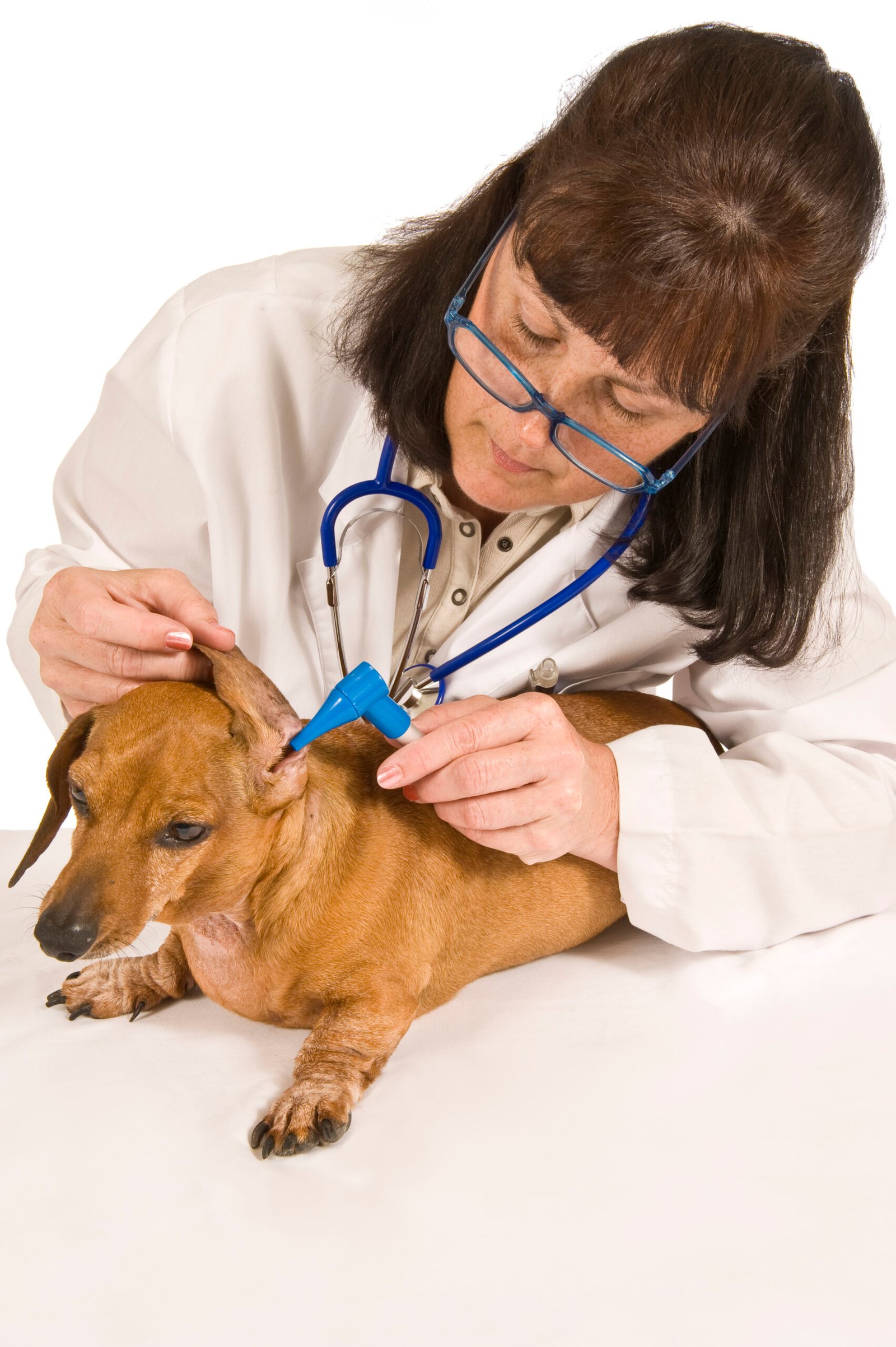As a pet owner, it’s essential to ensure that your furry companion is receiving the care they deserve. Dogs are loyal and loving creatures who rely on us for their well-being. In this article, we will discuss how you can provide your dog with the best possible healthcare.
The Importance of Regular Vet Checkups for Your Dog
Regular vet checkups are crucial in ensuring that your dog remains healthy. During these visits, your veterinarian will examine your dog from head to tail, checking for any signs of illness or injury. They will also perform routine tests such as blood work, urine analysis, and x-rays if necessary. These exams help detect potential issues early, making them easier to treat. Additionally, regular vaccines keep your dog protected against common diseases like rabies, distemper, and parvovirus. Remember, prevention is always better than cure!
How to Keep Your Dog’s Coat Healthy and Shiny
A healthy coat reflects a healthy dog. Just like humans, dogs require proper grooming to maintain their skin and hair. Brushing your dog regularly helps remove dirt, dead hair, and tangles, promoting healthy skin growth. You should also bathe your dog occasionally, using a mild shampoo recommended by your vet. Feeding your dog a balanced diet rich in omega-3 fatty acids and protein also contributes to a shiny coat. Avoid over-bathing or using harsh chemicals, which can dry out your dog’s skin.

Feeding Your Dog a Balanced Diet for Optimal Health
Your dog’s nutrition plays an integral role in their overall health. A balanced diet should consist of high-quality proteins, complex carbohydrates, vitamins, minerals, and fiber. Choose foods that meet your dog’s specific needs based on age, breed, size, and activity level. It’s essential to avoid feeding your dog table scraps or unhealthy snacks, as they may contain ingredients harmful to dogs. Consult with your vet about the right portion sizes and frequency of meals to maintain optimal weight and energy levels.
Recognizing Common Signs of Canine Mental Distress

Dogs experience mental stress just like humans do. Understanding common signs of canine mental distress can help you identify when your dog isn’t feeling well emotionally. Some indicators include changes in behavior (such as aggression or withdrawal), excessive barking or whining, loss of appetite, and difficulty sleeping. To promote good mental health, make sure your dog receives plenty of exercise, socialization, and positive reinforcement training. If you notice any concerning behaviors, consult with your vet or a certified animal behaviorist.
In conclusion, providing your dog with excellent healthcare requires effort but is worth it. By following the tips above, you can ensure that your four-legged friend enjoys a long, happy, and healthy life.


